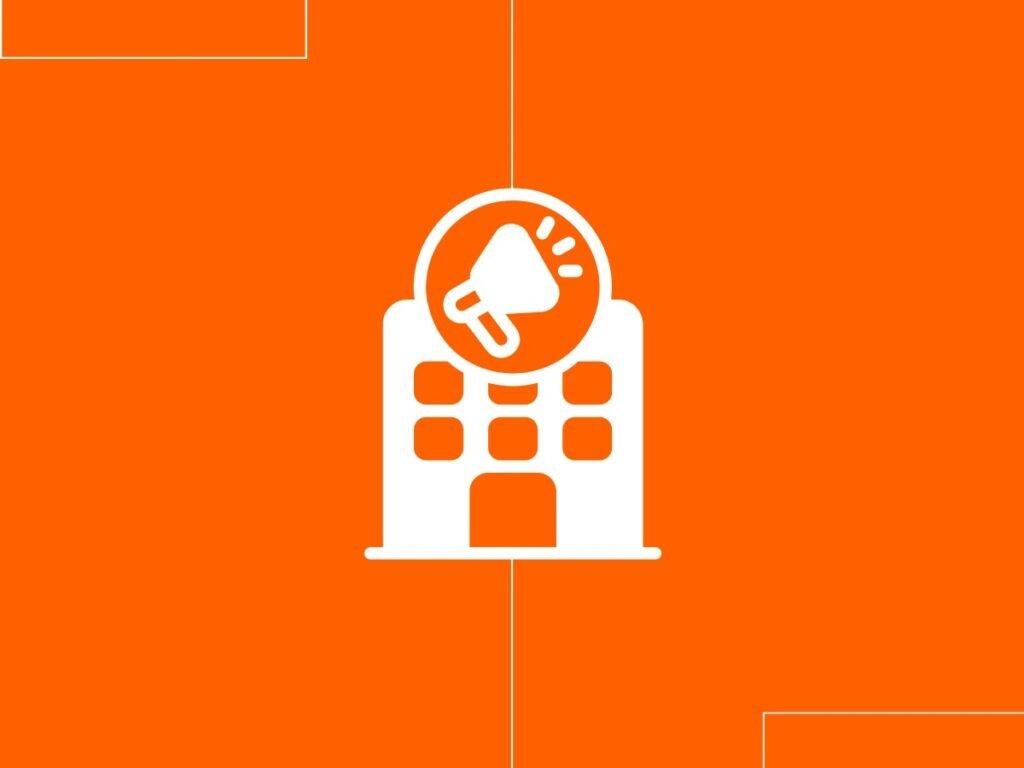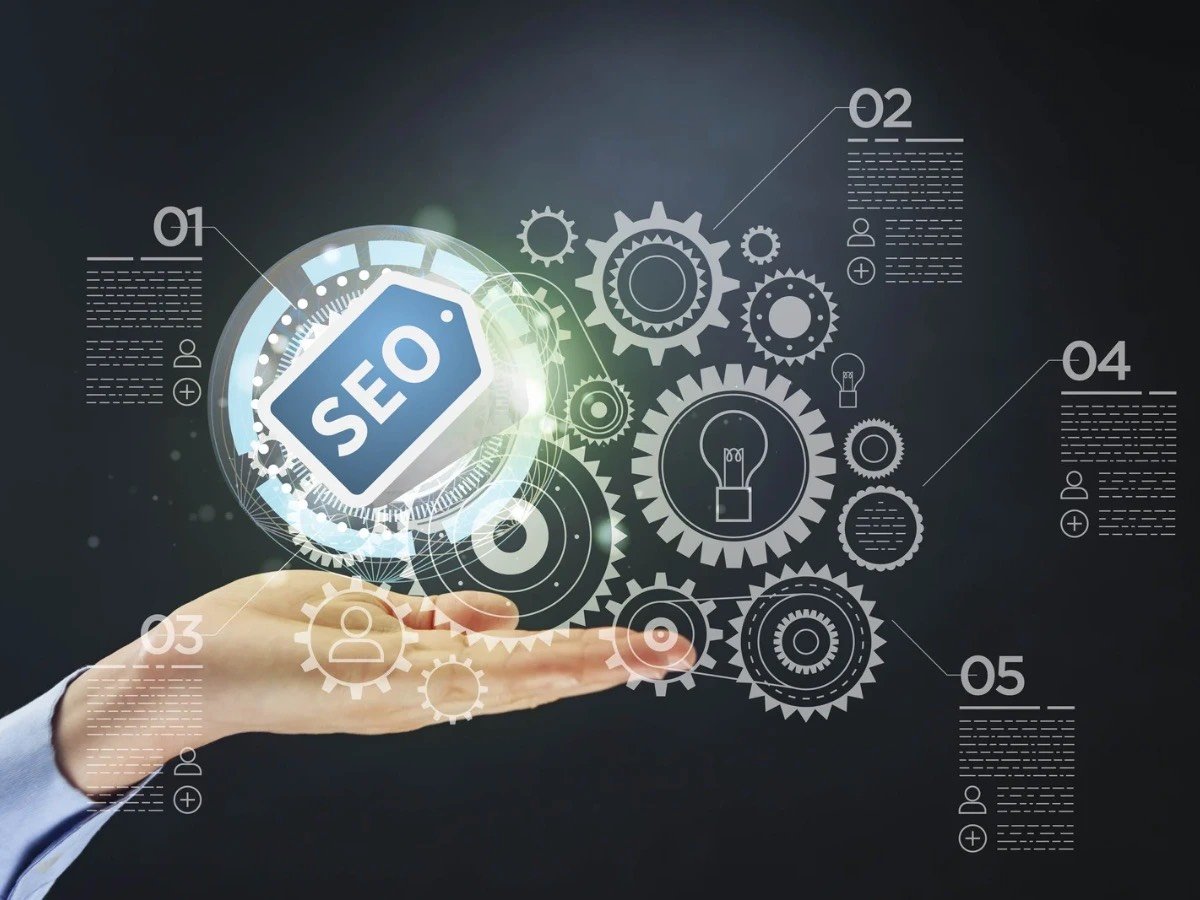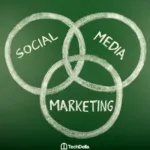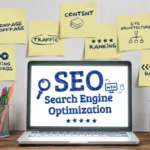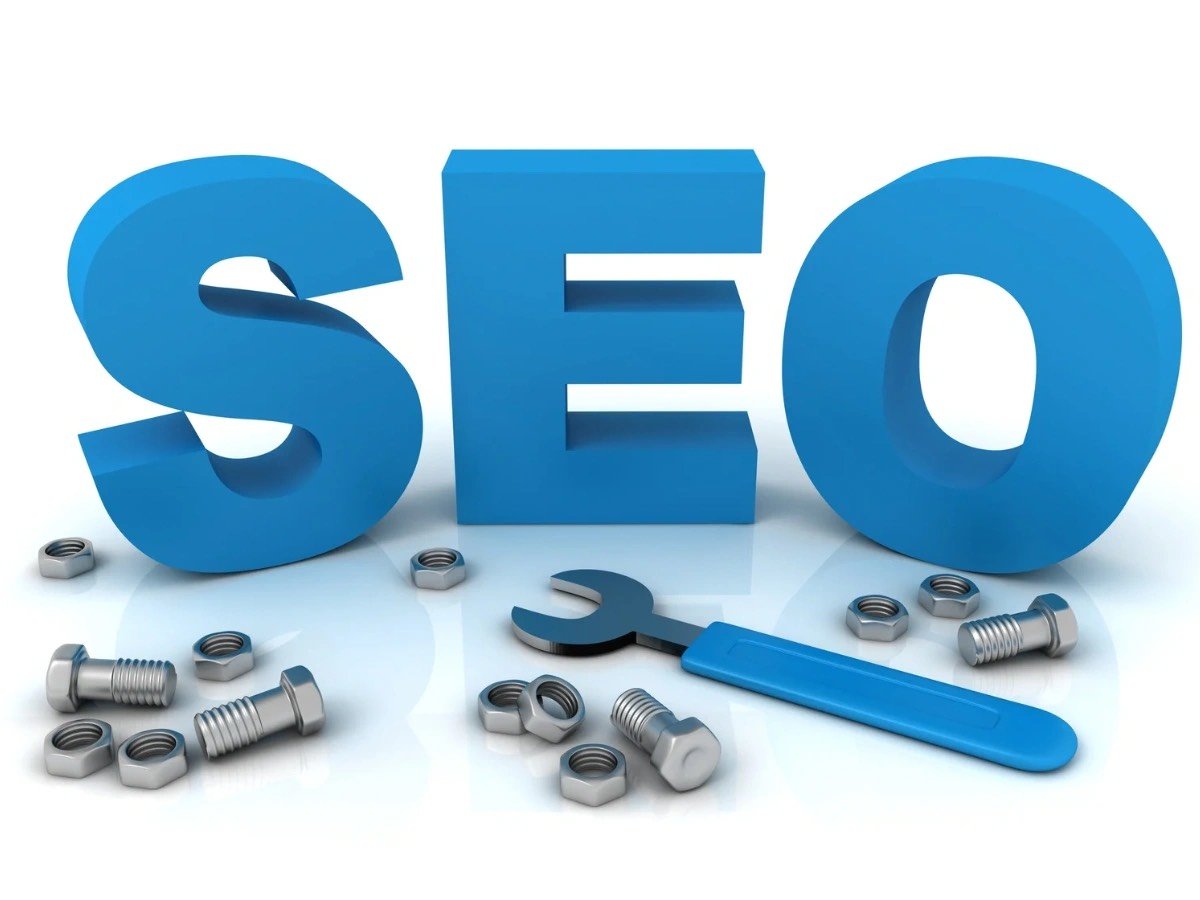
On-Page vs. Off-Page SEO: Which One Matters More?
Odife SomkeneMarketing Guide3 months ago10.1K Views
- Home
- Marketing Guide
- On-Page vs. Off-Page SEO: Which One Matters More?
The on-page vs. off-page SEO debate is getting old. It’s time to finally figure out which one matters more.
The truth is a lot simpler than you imagined. Here’s the answer: The debate between on-page vs. off-page SEO isn’t about which is better or which one matters most. It’s about when and how to use each one.
The truth is both on-page and off-page SEO strategies are necessary for growing your website. If you really want to succeed, you need to shift from debating over on-page vs. off-page SEO to finding balance between the two.
In this article I’ll show you how you can do just that.
On-Page vs. Off-Page SEO: Key Differences and SEO Strategy
In this section, I’ll break down the key differences in on-page vs. off-page SEO. This table will give you a glimpse into the aspects of both strategies.
On-Page vs. Off-Page SEO: A Detailed Comparison
| Factor | On-page SEO | Off-page SEO |
| Definition | Optimization done directly on your website | Optimization done outside your website |
| Main Focus | Content quality, keyword usage, user experience | Building credibility, authority, and backlinks |
| Control Level | Fully within your control | Less control because it relies on external sources |
| Key Techniques | Keyword optimization, meta tags, internal linking, UX | Backlink building, guest posting, social media engagement, brand mentions |
| Ranking Impact | Focused on building relevance | Focused on building authority and credibility |
| Common Mistakes | Keyword stuffing, duplicate content, poor formatting | Spammy backlinks, black-hat link building |
What is On-Page SEO? (On-Page vs. Off-Page SEO Explained)
On-page SEO refers to every page ranking strategy that is done directly on your website. This is why it’s also called on site SEO. Simply put, every SEO strategy implemented on your website is on-page SEO.
While on-page vs. off-page SEO strategies vary, a key part of on-page SEO is that you get more control. Because all the work is done on your website, you have full control over how your strategies are implemented. Like every other SEO strategy, the goal of on site SEO is to help your website rank higher on search engines.
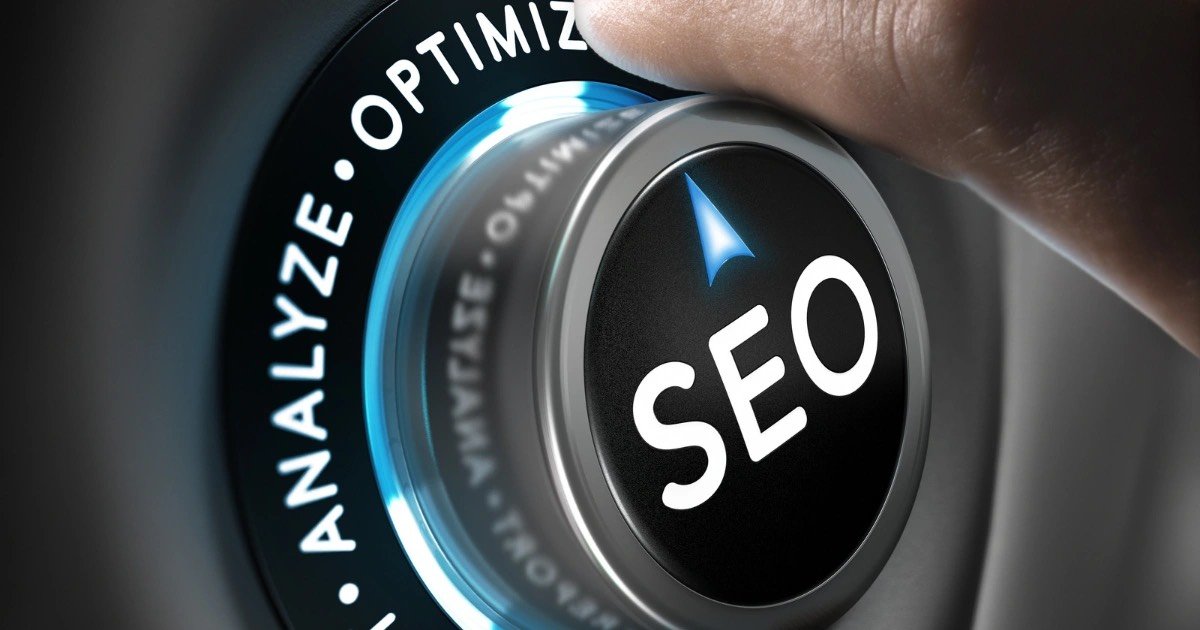
What Are On-Page SEO Techniques?
On-page seo optimisation involves a variety of techniques that all work together to help your page rank higher. To get the most out of your efforts, be sure to invest in each technique because ignoring one will leave a gap in your marketing strategy.
Here are some on-page SEO techniques:
Keyword Research & Optimization in On-Page SEO
One major element in the on-page vs. off-page SEO conversation is keyword optimization. Choosing SEO-friendly keywords is incredibly important if you want your content to rank. Keywords are terms or phrases that your ideal customer is searching for.
Naturally including keywords in your content is one of the best practices for on-page SEO. It allows you to attract the right audience and gives search engines a better understanding of your website. Relevant keywords allow you to stand out in the right place and ensure your SEO efforts aren’t in vain. Keyword research is a huge part of any data driven strategy for SEO.
Content Optimization in On-Page vs. Off-Page SEO
Strong content plays a foundational role in on-page SEO strategies. Beyond stuffing keywords into your blog posts, you need to offer value to both users and search engines. These days search engines like Google give more attention to high quality content rather than keywords.
Your content should answer your audience’s questions and provide solutions for their problems. SEO-friendly blog posts are formatted properly, have great readability, and are loaded with user engagement strategies. Your focus should always be on creating a great experience for your user.
Technical SEO and Its Connection to On-Page and Off-Page SEO
Technical SEO is typically regarded as a separate SEO technique, comprising its own strategies. However it has an effect on on-page and off-page SEO. There is a point where on-page vs. off-page vs. technical seo overlap.
This point focuses on factors like site speed, mobile-friendliness, and structured data. Your site loading time affects the experience of your audience, as does mobile optimization. Your site should load quickly and probably on both phone and desktop.
When analyzing on-page vs. off-page SEO, remember that page speed and mobile-friendliness matter. While these factors are often considered simply technical SEO strategies, they also impact on site and off site SEO.
Internal Linking: A Core Strategy in On-Page SEO
Internal linking is yet another important on-page SEO technique. Connecting blog posts that discuss similar topics together is how you build internal links. Doing this improves site navigation and boosts rankings.
It gives readers a chance to explore your website more. The longer they stay, the more likely they are to convert. Internal linking also helps search engines to crawl through your web pages better.
What is Off-Page SEO?
Off-page SEO, also known as off site SEO, is everything you do outside your website that directly impacts your ranking and website traffic. This SEO strategy is perfect for brands looking to build authority. Focusing on external sources allows you to reach a wider audience and lead them to your website.
The downside to off-page SEO is that you have far less control. Unlike on-page SEO, you aren’t working solely on your site. Here you’re working on websites of other companies in your industry, social media platforms, and third party sites.
Despite the bumps in the road, off-page SEO remains a solid strategy for building credibility.
What Are Off-Page SEO Techniques?
There are many off-page seo methods for improving search rankings and authority. Off-page SEO strategies usually require more effort as they involve going out of your way to gain authority from external sources. But one thing I can assure you is that it’s worth the effort.
Here are some off-page SEO techniques:
Backlink Building in Off-Page SEO

Backlinks are arguably the most important part of any off-page SEO strategy. In fact some people consider backlinks the only strategy. And while that isn’t true, it still doesn’t take away from how important a backlink is.
But what is a backlink in SEO?
A backlink is a link from another site that directs people to your website. Scoring backlinks from sites with authority helps you build the credibility of your website, both in the eyes of readers and search engines.
If you’re wondering how on-page vs. off-page SEO applies to your industry, you can start with analyzing your competitors’ backlink. This will allow you to see gaps that you might be able to fill such as broken backlinks.
Social Media’s Role in On-Page vs. Off-Page SEO
You might be wondering what social media has to do with search rankings. Social media is a powerful tool—one that you can use to boost customer engagement and drive traffic to your website. Most businesses have their website link in the bio of their account.
This is a great way to direct customers to your site. Building your online presence on a social media platform can drive traffic to your site and improve rankings. But it’s important that you choose the right social media platform. You want to choose platforms where your ideal customers most frequent and create content that will spur them towards taking action.
Local SEO & Off-Page SEO Strategies
Local SEO is a strategy that helps you reach customers in your area. It’s perfect for driving traffic to your physical store, if you have one. But this strategy isn’t just for people with physical stores.
If you offer services in a specific area, you can also use local SEO to attract clients. Strategies for local SEO include setting up a Google My Business profile, ensuring NAP (Name, Address, and Phone Number) consistency across all platforms, and encouraging physical customers to leave online reviews.
Influencer Marketing & PR for Off-Page SEO
The power of PR and influencer marketing is often underestimated in the on-page vs. off-page SEO debate. Partnering with an influencer allows you to tap into new audiences. It’s a great way to introduce your product or service to new people.
For this strategy to succeed, you’ll need to choose an influencer that is relevant to your business, industry, and customers. Imagine a protein powder manufacturing company partnering with a skincare influencer to promote their product. That’s just barking up the wrong tree.
Remember that your ideal audience and their current audience must align. That’s how to do influencer marketing right.
Conclusion
At the end of the day, the smartest SEO strategy isn’t choosing between on-page vs. off-page SEO. It’s knowing how to make them work together for your goals. Your website needs a combination of both to grow and thrive.
One reason businesses struggle with rankings is a poor balance of on-page vs. off-page SEO efforts. A strong SEO strategy includes both. However, the combination of the two can be a lot to handle, especially for small businesses that would much rather focus on growing their companies.
Need someone to implement these SEO strategies for you? Reach out to Techdella and we’ll handle all your content marketing needs.
Related Posts
Stay Informed With the Latest & Most Important News
Previous Post
Next Post
Previous Post
Next Post
Search Posts
About Us
At Techdella, we’re all about empowering businesses and startups with the tools, tips, and insights they need to thrive. From tech trends to marketing strategies, social media hacks to website tips, we break it all down in a fun, easy-to-digest way. Let’s innovate, grow, and win together!
Tags
Blogging Business Blog Niches Business Growth Business Guide Business Ideas Business Owners Business plan Cybersecurity Digital Marketing Digital Products Domain Names Early stage entrepreneurs ecommerce eCommerce Marketing Email Marketing Email marketing tools Entrepreneur’s Guide Featured Holiday Marketing Holiday promotions Influencer Marketing Marketing Marketing Campaign Marketing tools Mobile App Business Mobile Apps Monetization Tips Popular Promotions SaaS Business SEO seo for startups SEO Marketing Small Business Guide Social Media Campaign Social media marketing Software Business Startup Guide Startup teams startup tools Tech Startups VPN Website Hosting Website Monetization WordPress Hosting










